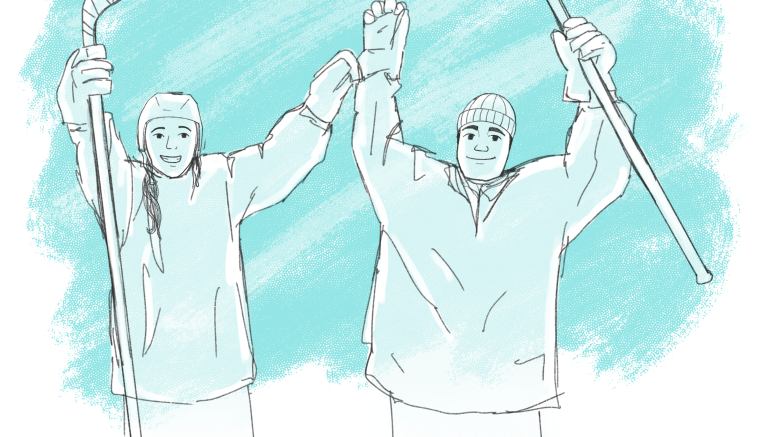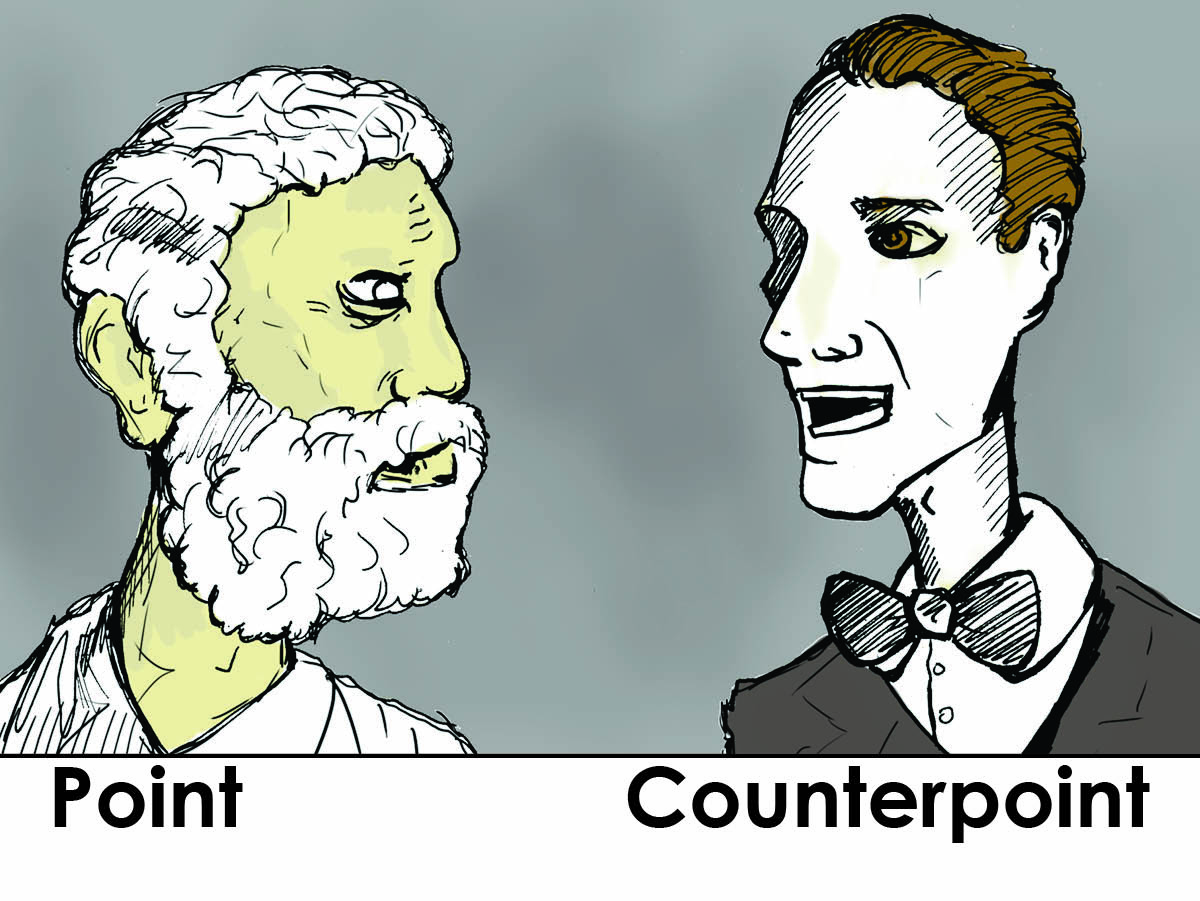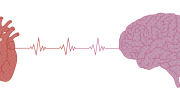Why do athletes sometimes thrive and sometimes don’t? Why are sports fans sometimes engaged and happy and sometimes not?
This is what drives Ben Schellenberg, assistant professor in the faculty of kinesiology and recreation management.
“These have always been fascinating for me,” he said. “So I get to study psychology and sports. It’s blending these two things that I love.”
In the ever-evolving world of sports and leisure activities, the study of human behaviour and experiences has become a fascinating domain of research.
Schellenberg, whose research explores individuals’ love for their daily activities, seeks to understand how both athletes and sports enthusiasts can optimize their experiences, providing a profound impact on their overall well-being.
With a background in psychology and a keen interest in sports, Schellenberg studies the intersection of these two fields and has lots of questions about the sports world.
The answers to those questions cover topics like passion, burnout, savouring, self-compassion and perfectionism.
There are two kinds of passion — harmonious and obsessive passion.
This dualistic model of passion, first proposed by psychology professor at the Université du Québec à Montréal Robert J. Vallerand, is a theme explored in sports by Schellenberg.
“A lot of people think that if you’re an athlete, you need to be obsessed to reach the highest levels of form,” he said.
However, over the course of his research, Schellenberg finds that harmonious passion — where individuals are in control of their activities — leads to positive outcomes without the need for obsessive involvement.
Burnout, which involves physical and emotional exhaustion accompanied by negative thoughts and devaluation, is a serious issue in the realm of sports, Schellenberg said.
Notably, recent evidence suggests that burnout levels among athletes have been increasing over time.
Schellenberg has been studying different factors that predict experience of burnout in athletes.
To combat burnout, Schellenberg highlights the significance of savouring positive experiences.
One of his key findings suggests that athletes who savour positive moments by reflecting on their feelings, sharing them with others and celebrating successes tend to report lower levels of burnout.
“Savouring is one of these things that people can do that might help them maximize these positive experiences and minimize burnout,” he said.
Self-compassion, another intriguing theme of Schellenberg’s research, involves being kind to oneself, practising mindfulness and recognizing that mistakes are an inherent part of being human.
Evidently, this plays a positive role in an individual’s overall experiences.
“Self-compassion is one of these skills that can be learned that can potentially, almost certainly, maximize people’s experience in sport,” Schellenberg explained.
The researcher also delves into the theme of perfectionism, and how it may influence athletes’ performance in sports.
Although preliminary research has viewed perfectionism as a multidimensional construct, perfectionism essentially comprises both striving for perfection and concerns about imperfection.
While some debate exists over whether striving for perfection can lead to excellence, Schellenberg’s research shows the advantages of the pursuit of excellence without being obsessed with perfection.
“We’ve been looking at athletes who are perfectionists versus those who pursue excellence and there doesn’t seem to be any advantages of trying to be perfect beyond trying to be excellent,” he explained.
“Just try to be as good as you can be,” he continued. “Don’t try to be perfect, which, believe it or not, it’s taken decades to get to this point.”
As Schellenberg continues to unravel the complexities of human experiences in sports, he hopes to transform how we approach sports and leisure with his research, promoting a healthier and more fulfilling engagement with the activities people love.
“People have limited time to devote to these meaningful activities in their lives,” he said.
“I’m hoping that the research we’re doing can maximize their experiences, and collectively maximize the benefits that people are getting in their life, their positive experiences from these different activities.”





